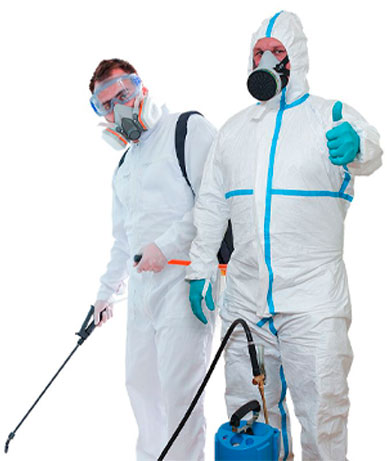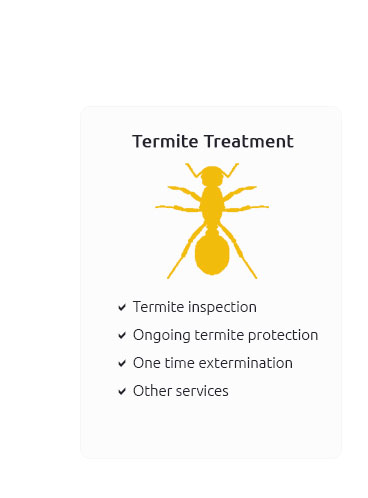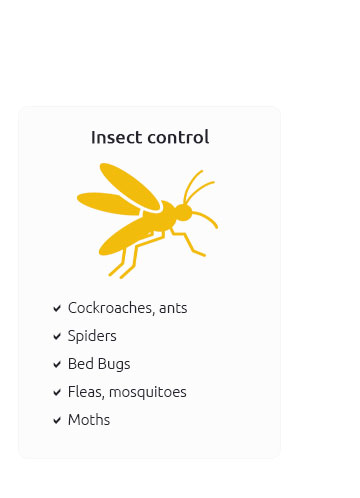 |
|
||||||
 |
 |
 |
 |
 |
 |
 |
 |
 |
 |
 |
 |
 |
|
hip8g6mcb3f Say goodbye to sleepless nights and hello to peace of mind with our unparalleled bed bug extermination service, where cutting-edge technology meets relentless expertise to eradicate every last pest with precision and care, ensuring your home becomes a sanctuary once more-because when it comes to protecting your haven, second best isn't an option; trust the pest control warriors who stop at nothing to restore your comfort and safety.
https://www.yelp.com/search?find_desc=Bed+Bug+Exterminator&find_loc=Seattle%2C+WA
Top 10 Best Bed Bug Exterminator in Seattle, WA - February 2025 - Yelp - Parker Eco Pest Control, Northwest K9 Bed Bug Detectives, OMNI Pest Control, ... https://bedbugseattlewa.com/
Seattle Bed Bug Exterminators offers an Eco Plan for getting rid of your bed bugs that do the job without the use of highly potent chemicals. This solution can ... https://www.reddit.com/r/Seattle/comments/1ec9bkg/recommendations_for_bed_bug_control_companies/
Does anyone have recommendations for a reputable bed bug control/exterminator company? Anywhere in King County or beyond would be great.
|



